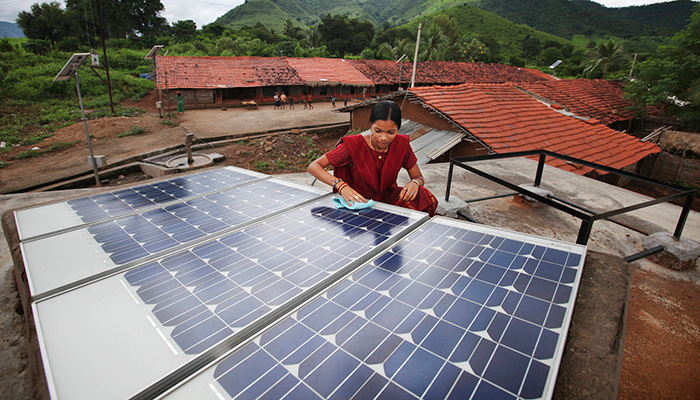While public funding sources delivered a record $132bn in 2015, estimates for achieving the ambitious SDGs by 2030 range as high as $4.3tn per year.
As well as a new source of funds, the OECD highlighted that the private sector can bring efficiencies, innovation, jobs and infrastructure with their investments.
Although private sector support is sorely needed, the OECD said the public sector will have to approach its attempts to bring the private sector on board carefully to ensure success.
In the foreword of the OECD’s annual Development Cooperation Report, published today, OECD secretary-general Angel Gurría said: “To go from the billions to trillions in sustainable finance, and to do so in a way that is respectful of the environment, and of human needs and rights, will require inputs from across the board.”
Public sector spending will have to be “smart and strategic”, he continued, and should help to mobilise private cash. The OECD highlighted blended finance and social impact investments as two key ways to achieve this.
The former, a mix of grant and non-grant financing, usually from private sources, provides “largely untapped potential” to increase investment by removing bottlenecks for the private sector, it said. For example, a public grant could serve as a de-risking instrument to enable the private sector to be involved.
But while calling for blended finance to be scaled up, the OECD warned that this should be done in a way that avoids crowding out private finance or causing market distortions.
Effective measurement of social impact investments will also be key, the report said. Social impact investments are a payment-by-results method of finance, whereby the private sector provides funds upfront and is then re-compensated by the public sector or a donor based on results achieved.
This will require a shift from measuring inputs to measuring outcomes, developing means of assessing direct and indirect impacts and strengthening investor understanding of various impact measurement tools, the report said.
Other recommendations in the report included using public funds to strengthen the overall governance framework and ensuring a sound business environment in developing countries or establishing platforms for knowledge exchange within the social impact investment sector.
The OECD also highlighted foreign direct investment as a key pathway to reaching the sustainable development goals.
While already the greatest source of international capital flows to developing countries, the OECD warned that global flows have started to decelerate. It called on countries to work to improve business climates and create conditions that increase investment while maximising its social and economic returns.
The public sector will also have to work to ensure its commercial counterparts are held to high social, environmental and transparency standards, and develop means to measure the complex and often elusive effects public finance has on mobilising private investment.













